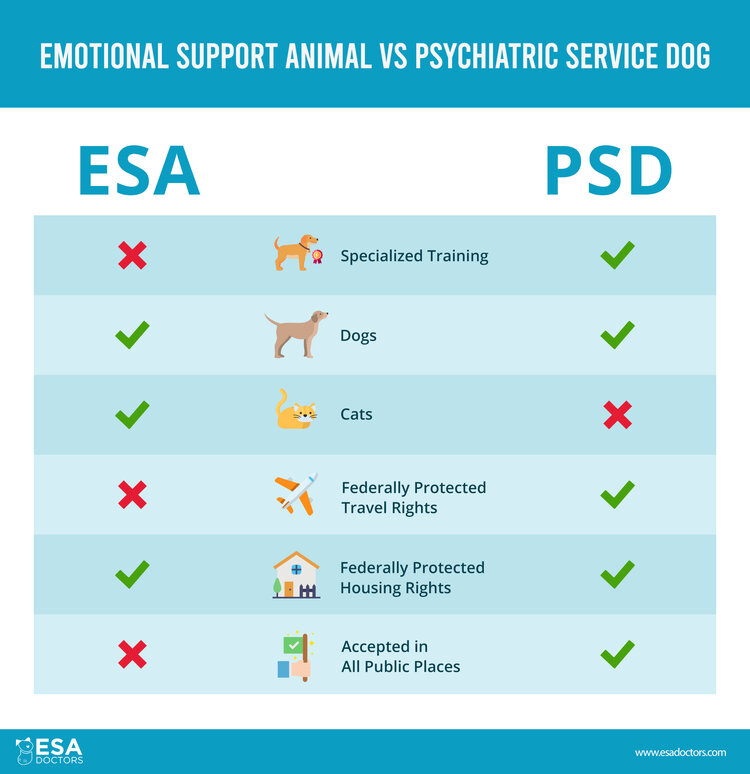Deciding Between Autism Service Dogs or Therapy Dogs: Making the Right Choice for Your Child's Needs
Far Left Cream Poodle is a Stokeshire Puppy from Pepper x Beaufort
Choosing between a therapy dog and a service dog for a child with autism can be a significant decision. To help you navigate this choice, consider the following questions if you haven’t already:
- Does your child enjoy being around dogs?
- Are there any allergies in the household that might be triggered by a dog?
- Are you ready for the long-term commitment and expenses of caring for a dog?
- Are you comfortable handling a dog in public while attending to your child’s needs?
Answering these questions is crucial before proceeding. Service dog training agencies, like those listed on Assistance Dogs International's website, can further guide you through this process.
Understanding the Difference
There are distinct differences between service dogs, therapy dogs, and companion dogs that can significantly impact your child's experience:
Companion Dogs:
Well-trained family pets can provide invaluable support and companionship. They offer unconditional love, help in social interactions, and teach responsibility to children. We offer clam Australian Mountain Doodles, Golden Mountain Doodles, and their parent breeds that test as candidates for the intended client.
Service Dogs:
These dogs undergo extensive training to aid individuals with disabilities. They are specifically trained according to the needs of the person they will assist. For instance, an autism service dog can help alleviate anxiety, interrupt self-harming behaviors, or assist during medical visits and travel.
It's essential to note that tethering a service dog to prevent wandering is not recommended due to potential dangers and limitations.
Therapy Dogs:
Trained to provide comfort in therapeutic settings, therapy dogs work in hospitals, nursing homes, and mental health facilities. They can assist in therapy sessions and offer calming support.
While therapy dogs can benefit individuals with autism, they don’t have federally mandated access to public places like service dogs.
At Stokeshire Designer Doodles, we're dedicated to more than just breeding and raising remarkable dogs. We're passionate about transforming lives, especially for children with Autism Spectrum Disorder (ASD) and their families.
A Life-Changing Partnership
The impact of these service dogs reaches far beyond mere companionship. Scientific studies have revealed a tangible decrease in stress levels for children with autism when paired with a trained service dog. These dogs are not just pets; they're emotional anchors, providing a sense of security to both the child and their family.
Tailored Support for Individual Needs
Each Autism Service Dog is carefully selected and trained to meet the unique needs of their handler. While our training spans various breeds, we've noticed that Poodles and their mixes, known as Doodles, tend to be favorites due to their hypoallergenic nature and minimal shedding. Specifically, AMD & GMD and their parent breeds.
Transformative Tasks and Benefits
The tasks these dogs perform go beyond simple companionship. From Deep Pressure Therapy to Tactile Stimulation on Command, our service dogs are trained to intervene during moments of distress or overstimulation, redirecting attention and providing comfort.
Ensuring Safety and Security
For parents, safety is a paramount concern. Our service dogs are trained in techniques like tethering and Emergency Down, preventing eloping behaviors and ensuring the child's safety in public spaces.
Vital Role in Emergency Situations
In worst-case scenarios, our dogs are equipped with search and rescue training. While not a standard task, this specialized training offers immense peace of mind to parents, knowing their child can be quickly located if they wander out of sight.
Understanding Autism Spectrum Disorder
Autism affects individuals differently, impacting sensory, communication, and social skills. Our service dogs are attuned to these differences, offering support and companionship that goes beyond mere training.
Facts to Remember
The prevalence of autism is staggering, with 1 in 54 children diagnosed with ASD. Boys are affected more, with 1 in 37 diagnosed compared to 1 in 151 girls.
Final Thoughts
The impact of Autism Service Dogs extends beyond mere assistance; they're transformative companions that enable children to navigate the world more confidently and engage with society in ways they might have found challenging before.
At Stokeshire Designer Doodles, we're committed to continuing our mission of providing these exceptional service dogs, transforming the lives of children with autism and their families, one partnership at a time. Together, we're making a difference—a tangible, heartwarming difference—in the lives of those affected by autism.
Final Considerations:
Selecting the right dog—be it a companion, service, or therapy dog—requires a careful match to the child’s needs and family dynamics. Patience is key, as the process can take up to two years.
Work with accredited agencies to ensure proper training and a safe match for your child. When the right connection between the child and the dog forms, it's truly magical.
Understanding these distinctions can help you make an informed decision that best suits your child's unique requirements. May this information assist you in finding the perfect canine companion for you and your child?
There is often confusion between psychiatric service dogs (PSDs) and emotional support animals (ESAs). However, it's important to note that PSDs are protected by the Americans with Disabilities Act (ADA), Department of Transportation (DOT), and Housing and Urban Development (HUD), while ESAs are not covered by the ADA or DOT.
PSDs undergo a rigorous task-based training program that can take up to 2-3 years, whereas ESAs may not receive formal training. PSDs are allowed in public areas regardless of pet policies, while ESAs may not be permitted if their presence infringes on others' rights. Only dogs can be trained as PSDs, while any domesticated animal can serve as an ESA.
A PSD is trained to assist with mental health conditions such as PTSD, anxiety, depression, schizophrenia, and more, whereas ESAs primarily offer comfort without legal service animal status. To obtain a PSD, one must discuss the need for a PSD with a therapist, obtain a letter confirming the diagnosis and need, and explore training options through a professional agency or self-training.
Tasks that a PSD can be trained for include offering physical contact for anxiety relief, medication retrieval, and preventing self-harming behaviors. The cost, time commitment, and specific training required should be carefully considered when deciding whether to obtain a PSD or an ESA.
Emotional Support Animals (ESAs) and Psychiatric Service Dogs (PSDs) play distinct roles in assisting individuals with mental and emotional challenges. While both offer support, their differences, especially in legal rights, are crucial. For instance, only PSDs have the privilege to fly with their handlers.
Disclaimer: At Stokeshire Designer Doodles, while we don't directly offer service dog training services, we deeply believe in the transformative impact of our dogs in the lives of individuals with Autism Spectrum Disorder (ASD). We strive to facilitate the journey toward certification through partnerships with esteemed organizations in our area.
Our dogs undergo extensive handling & early development care to ensure they possess the qualities necessary to become exceptional therapy or service dogs. However, the process of training a dog to become a certified service animal typically spans several years and involves specialized training beyond what we offer directly. We offer up to 12 weeks of training with the goal of these puppies continuing onto certification.
Through collaborations with recognized service dog training organizations in your vicinity, individuals interested in acquiring one of our dogs for service purposes can work towards certification. These organizations provide the rigorous and comprehensive training necessary to meet the standards and requirements for service dog certification.
We encourage all potential clients seeking a service dog to engage directly with these reputable organizations. They possess the expertise and resources to train our dogs to meet the specific needs of individuals with ASD, ensuring the best possible outcome for both the dog and the handler.
Our commitment remains steadfast in providing well-bred and nurtured dogs, fostering partnerships that lead to the successful certification and utilization of these dogs as service animals for individuals with ASD.


